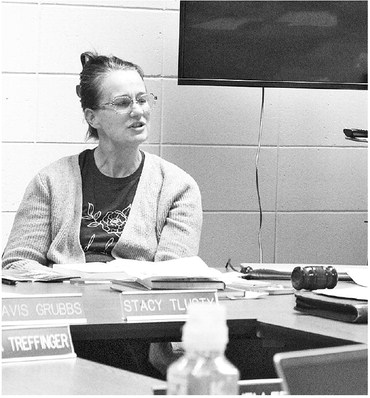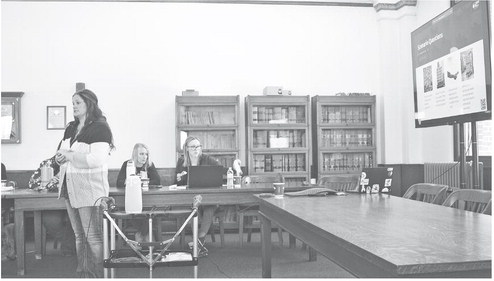Make a social wellness checklist for your healthiest self


People are social creatures by nature. From the time they’re born and all throughout their lives, people’s relationships help learn to navigate the world. By learning how to intera...



